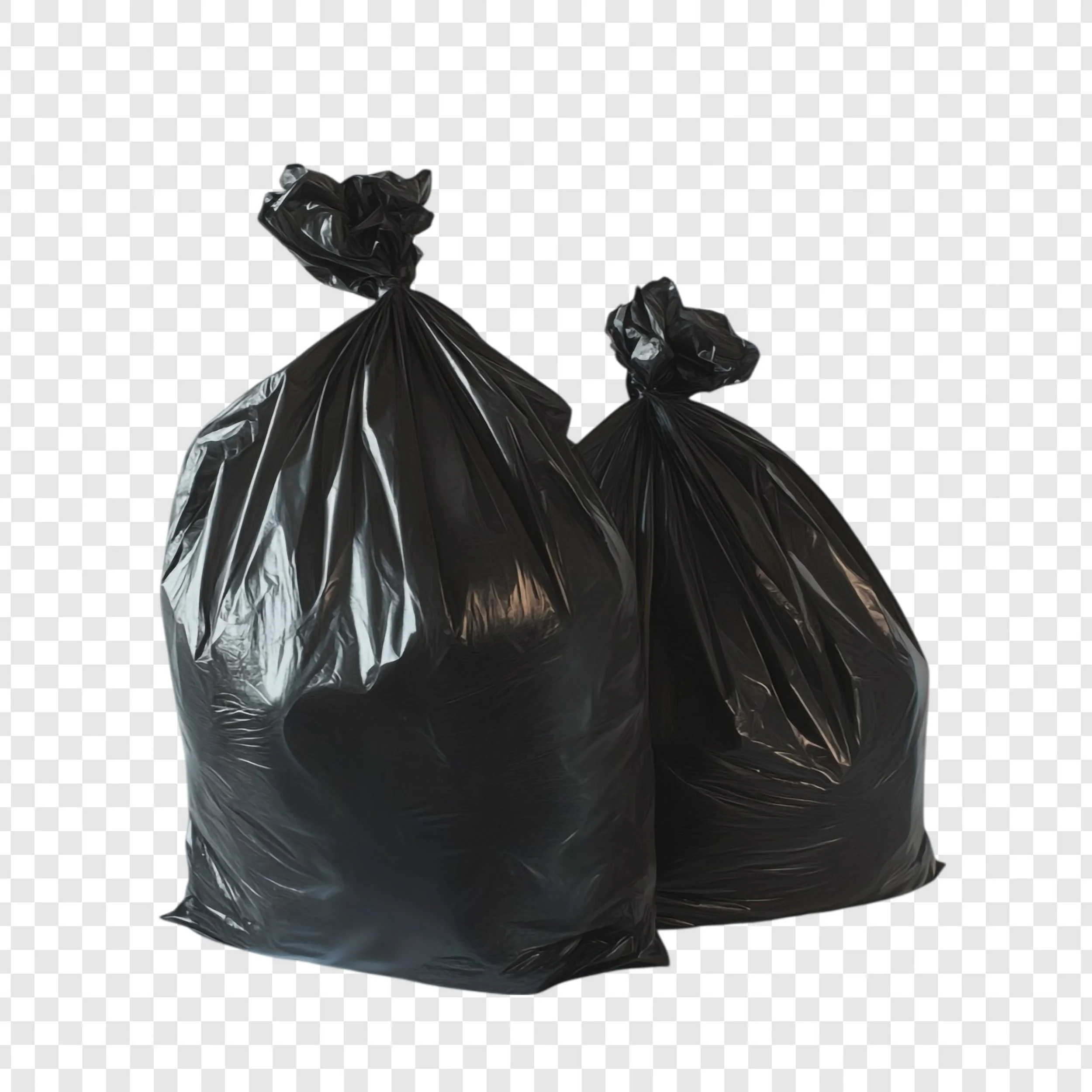Training Wheels
/On what/whom do you depend? Posing the question to the assembled group created the kind of silence that made me wonder if I’d made a terrible mistake. People looked at their feet, cleared their throats, or reached for their coffee. In a world which encourages people to be masters of their destiny, to be invincible, or at least widely independent, I understood their hesitation to answer, but I also know that we all depend on something or someone. The question is, on what or whom?
Suddenly, an image came to mind, one that did not make any sense at the time. I thought about the days when I did not know how to ride my bike and my parents gave me a bike with training wheels. It stood erect in the driveway, no need for a kickstand, and I could sit on the seat and not worry about tipping over. Just to make sure, I leaned from one side to the other and was relieved to remain upright. I leaned more dramatically to each side eventually finding out there was a limit to the power of the training wheels.
Not knowing what that memory had to do with this morning’s topic, I listened as people spoke about their lives before entering the rooms of twelve-step recovery. One person shared his obsession with work and how he gave his all to being successful until he came home to an empty house. Another spoke of growing up in an uncertain, unpredictable house and how it caused her to demand absolute certainty from the people around her. Eventually, it led to her being completely alone. Another spoke of material success and how he used it to “buy” the respect of others and how it became a “hamster wheel of more” which led to his eventually defaulting on loans and declaring bankruptcy.
I eventually saw what my childhood memory had to do with what we were discussing. Like those in the rooms, I’ve often longed for something more than I’ve had. No job, relationship, or bank account was enough. There was always an emptiness, a longing, (or “hole in my soul” as someone wise once wrote) and no matter how hard I tried it always remained. I could lean in one direction or another and feel secure, but eventually the “training wheels” would give out and leave me lying face-down on the driveway.
It would be logical to take such a lesson and set out to never depend on anything or anyone, but the truth is we are not independent beings. Despite whatever evidence we have to suggest otherwise, we were born incomplete. The question then becomes, what are we going to do about that, or, as I posed that morning, on what or whom will we depend?
Reaching such a moment of clarity is humbling, and yet it is also life-giving. To realize we are perpetually in need allows us to release our white-knuckle grip on life (and those around us) and turn to something or someone greater than we. It might sound simple or, worse, simplistic, but surrendering to a power greater than ourselves can begin a sacred dance that will lead us in directions we never expected. Unlike the training wheels, we can lean in all we want or need and never topple to the ground.

